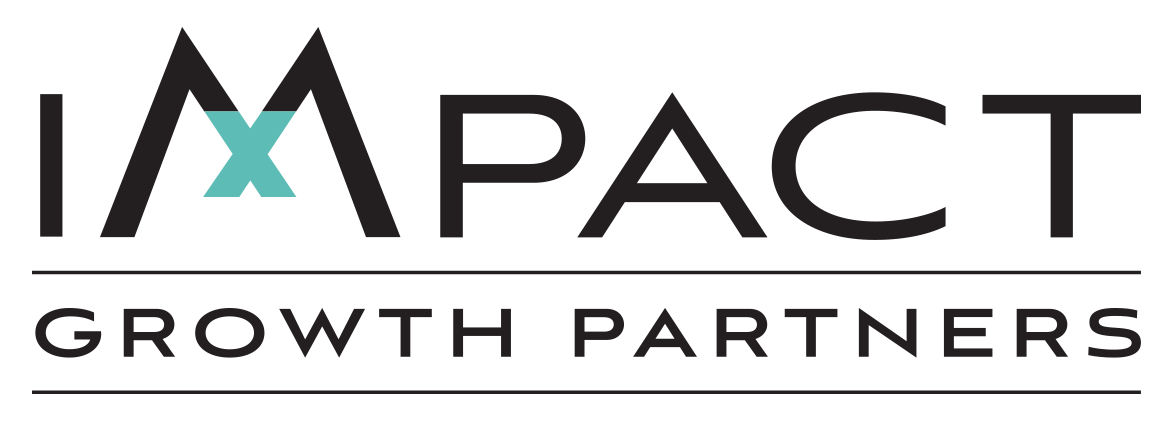Resilience During Challenging Times: The Case for B Corps
Survivor by Karim Manjra via Unsplash
As the pandemic reared its ugly head and we witnessed the global economic crisis that followed, it quickly exposed our vulnerabilities as a society. As Covid spread and lingered, some businesses found themselves thriving, some fighting for survival, and others re-imagining themselves.
As 2020 comes to a close, I have been reflecting on how the companies I work with, B Corps and those pursuing B Corp certification, are navigating these uncertain times. The common thread and perhaps a key component of resilience during challenging times is a commitment to considering business impact across stakeholders, not just near term profitability.
B Corps are for-profit companies certified by the nonprofit B Lab for meeting the highest standards of social and environmental performance, accountability, and transparency. B Corps are focused on societal impact, not only maximizing profits. There are currently over 3,600 Certified B Corps across the globe from 74 countries, across more than 150 industries.
During the 2008 financial crisis, B Corps were 64% more likely than other businesses of a similar size to make it through the economic downturn.* The same may prove true for B corps during the current economic crisis.
B Corps, at their core, look at how to make their businesses operate better, even when times are good. So it’s only natural that when times are challenging and there are cracks in the system, B Corps are even more likely to examine their businesses and adapt.
Part of the process of becoming a certified B Corporation requires companies to evaluate their business with a lens for all stakeholders, not only shareholders.
Suppliers and supplier relationships are examined closely during this extensive certification process.
One thing that we saw clearly during this pandemic was the advantage of strong relationships with suppliers. Stonyfield Farm, for example, which became a B Corp in 2016, was able to maintain its distribution systems, due to its strong relationship with local organic farms, while others in the dairy businesses faced challenges.
Deep supplier relationships also benefit the suppliers and their local communities, helping them thrive in challenging times. Good Culture became a B-Corp in 2020 and was able to maintain its commitment to supporting and optimizing their supply chain, thanks to a focus on sustainable small family farms and pasture-raised cows.
Even before Covid-19 the move towards stakeholder capitalism was underway, and the pandemic has only made that trend more relevant. More companies than ever before are in the process of getting B Corp certified and we expect that trend to continue. Andrew Kassoy, co-founder of B Lab, argues that the pandemic may accelerate shifts already underway. “This crisis creates an opportunity because it makes it clear that we haven’t built a resilient economic system. This is an opportunity for us to focus on both how business and government play a role in building a more resilient economic system for the next crisis, and there’ll be more of these.”
I, too, expect, more companies to explore the B Corp Certification process as they realize the importance of being more accountable and connected to their stakeholders. I think that’s been a big lesson in 2020 as companies re-imagined their businesses and considered their role in society during a global pandemic. B Corp Certification isn’t for everyone, but if you think it might be right for you, we’d love to discuss the certification process and how we can help you maximize your social and environmental impact.
Happy holidays - be well and stay healthy.
*Source: B Lab U.S. & Canada

